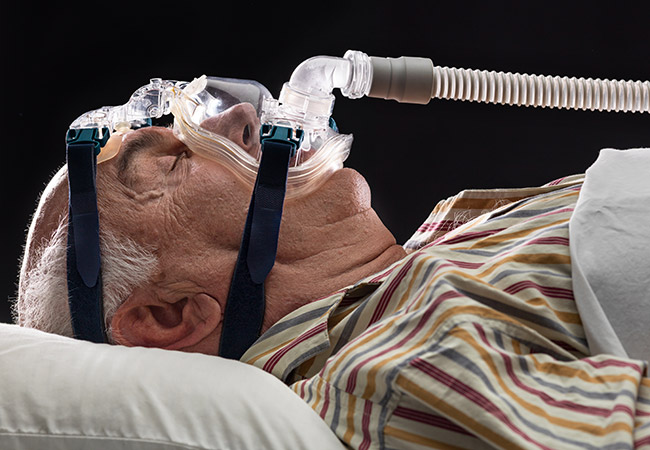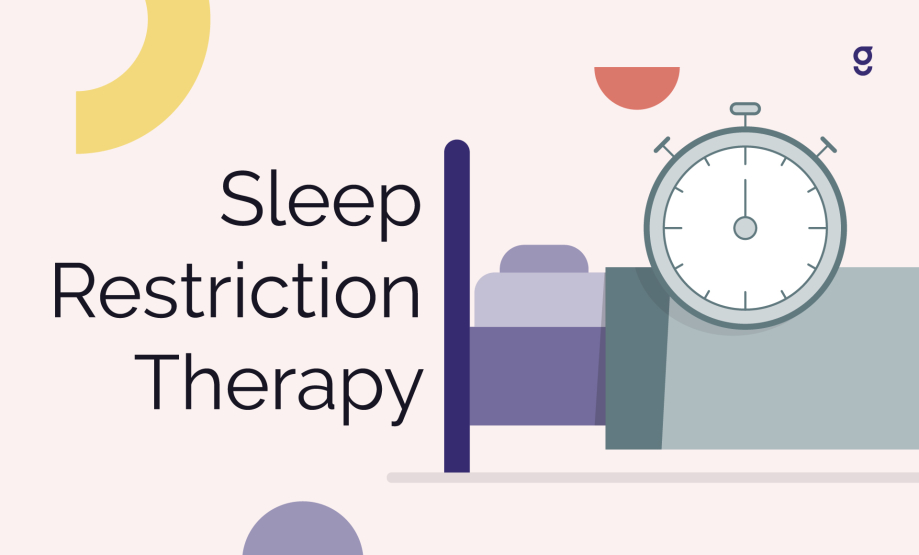Advanced Sleep Therapy - Achieve Deep, Relaxing Sleep
Reliable Treatment Solutions for Taking Care Of Rest Disorders and Enhancing Peaceful Sleep
In the realm of healthcare, the administration of rest disorders and the mission for relaxing rest are critical elements of overall health. As we navigate the detailed landscape of rest conditions and look for to improve our sleep experience, a much deeper understanding of these therapy solutions might hold the secret to opening a more relaxing and fulfilling corrective trip.
Cognitive Behavior Therapy for Sleeping Disorders (CBT-I)
Cognitive Behavior Treatment for Insomnia (CBT-I) is a structured, evidence-based treatment technique that concentrates on dealing with the underlying aspects adding to rest disruptions. This sort of therapy aims to customize behaviors and ideas that aggravate sleeping disorders, ultimately promoting healthy rest patterns. CBT-I commonly includes a number of crucial parts, including cognitive therapy, sleep constraint, stimulus control, and rest hygiene education and learning.
Cognitive treatment aids people recognize and transform negative idea patterns and beliefs regarding sleep that may be impeding their ability to drop or stay asleep. Sleep limitation involves limiting the amount of time spent in bed to match the individual's real sleep duration, thus enhancing sleep efficiency (insomnia therapy). Stimulation control methods assist develop a solid association between the bed and rest by urging people to head to bed only when drowsy and to prevent taking part in boosting tasks in bed
Moreover, sleep hygiene education and learning concentrates on establishing healthy and balanced rest practices, such as preserving a constant sleep timetable, producing a relaxing bedtime regimen, and optimizing the rest environment. By addressing these variables thoroughly, CBT-I supplies an efficient non-pharmacological treatment for handling sleeping disorders and boosting general sleep top quality.
Sleep Health Practices
Having actually developed the structure of cognitive restructuring and behavior adjustments in attending to sleep problems via Cognitive Behavioral Therapy for Sleeping Disorders (CBT-I), the emphasis currently moves in the direction of exploring essential Rest Health Practices for keeping optimum sleep quality and total well-being.
Rest hygiene practices incorporate a variety of practices and ecological variables that can substantially impact one's capability to sleep and stay asleep throughout the night. Constant sleep and wake times, producing a relaxing bedtime routine, and maximizing the sleep setting by keeping it dark, silent, and cool are critical elements of good rest hygiene. Restricting exposure to displays before going to bed, avoiding stimulants like caffeine close to going to bed, and taking part in normal physical activity throughout the day can additionally advertise far better sleep top quality.
In addition, exercising relaxation strategies such as deep breathing exercises or reflection before bed can aid soothe the mind and prepare the body for sleep. By integrating these rest hygiene methods right into one's daily routine, individuals can develop a healthy sleep pattern that supports peaceful sleep and overall well-being.
Leisure Methods and Mindfulness
Executing relaxation strategies and mindfulness methods can play a pivotal role in fostering a sense of calm and advertising high quality sleep. sleep improvement therapy. These strategies aim to quiet the mind, minimize tension, and develop an ideal setting for peaceful sleep. One commonly practiced approach is deep breathing exercises, where individuals focus on slow-moving, deep breaths to kick back the body and mind. Modern muscular tissue leisure entails tensing and after that releasing each muscle mass team, advertising physical leisure. In addition, led images can help transport people to a relaxed place in their minds, helping in stress reduction and boosting sleep high quality.
Mindfulness practices, such as meditation and yoga, are likewise efficient in advertising relaxation and boosting rest. Mindfulness urges people to remain existing in the minute, allowing go of fret about the past or future. By integrating these techniques right into a bedtime routine, individuals can indicate to their bodies that it is time to prepare and loosen up for rest. Overall, integrating leisure techniques and mindfulness techniques can dramatically add to handling rest conditions and enhancing total sleep high quality.

Medicine Options for Sleep Disorders
After discovering relaxation strategies and mindfulness practices as non-pharmacological treatments for improving sleep quality, it is necessary to think about medication choices for individuals with sleep disorders. In cases where lifestyle changes and treatment do not give adequate alleviation, medicine can be a valuable device in handling sleep disturbances.
Commonly prescribed drugs for sleep conditions consist of benzodiazepines, non-benzodiazepine hypnotics, antidepressants, and melatonin receptor agonists. Antidepressants, such as trazodone, can be useful for individuals with co-occurring depression and sleep disturbances - cognitive behavioral you could try this out therapy for insomnia (CBT-I).
It is important for individuals to seek advice from a medical care carrier to establish the most ideal medicine option based upon their particular sleep problem and case history.
Light Treatment for Circadian Rhythm Guideline
Light treatment, likewise known as photo-therapy, is a non-invasive treatment technique used to control circadian rhythms and enhance sleep-wake cycles. This therapy involves direct exposure to bright light that resembles natural sunshine, which helps to reset the body's body clock. By exposing people to certain wavelengths of light, commonly in the early morning or night depending on the desired effect, light treatment can properly readjust the body clock to promote wakefulness throughout the day and improve relaxing rest in the evening.
Study has shown that light therapy can be particularly advantageous for people with body clock disorders, such as delayed sleep stage syndrome or jet lag. It can likewise be practical for those experiencing seasonal affective disorder (SAD), a type of clinical depression that normally occurs throughout the cold weather when all-natural see this here light exposure is minimized. Light therapy is normally well-tolerated and can be used together with other therapy approaches for sleep conditions to enhance outcomes and enhance general rest quality.
Final Thought
In verdict, effective treatment remedies for handling rest problems and enhancing peaceful sleep include Cognitive Behavioral Treatment for Insomnia (CBT-I), rest hygiene techniques, leisure methods and mindfulness, drug alternatives, and light therapy for body clock law. These techniques can assist individuals improve their sleep quality and total wellness. It is necessary to speak with a doctor to establish one of the most appropriate approach for resolving rest concerns.
As we navigate the complex landscape of rest disorders and look for to improve our sleep experience, a deeper understanding of these treatment options might hold the secret to unlocking an extra relaxing and meeting restorative trip.
Rest constraint entails limiting the amount of time spent in bed to match the individual's real sleep period, dig this thereby increasing sleep efficiency. Constant sleep and wake times, creating a relaxing bedtime routine, and optimizing the rest setting by maintaining it dark, quiet, and cool are important components of excellent rest health. Light treatment is generally well-tolerated and can be used in conjunction with various other therapy approaches for rest disorders to optimize results and improve overall rest quality.
